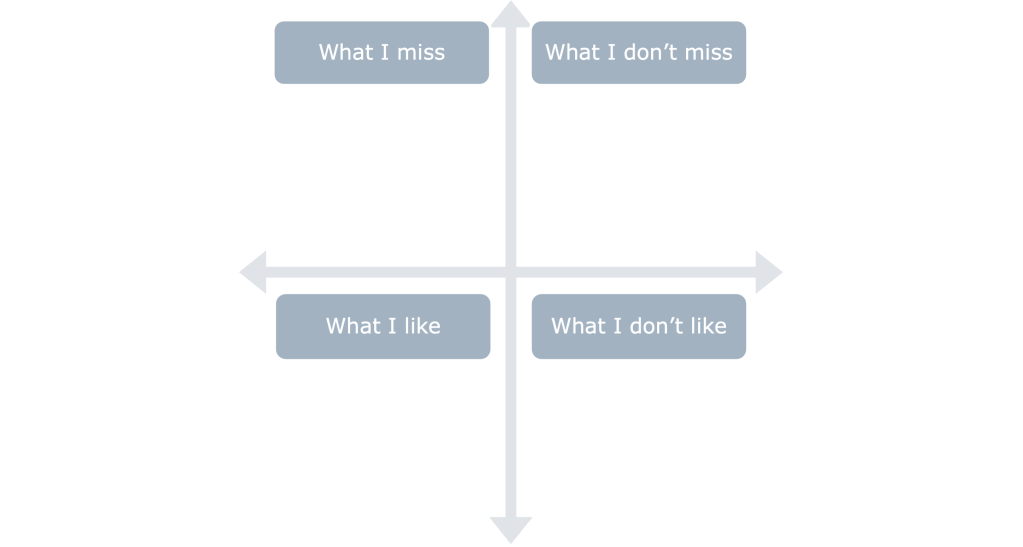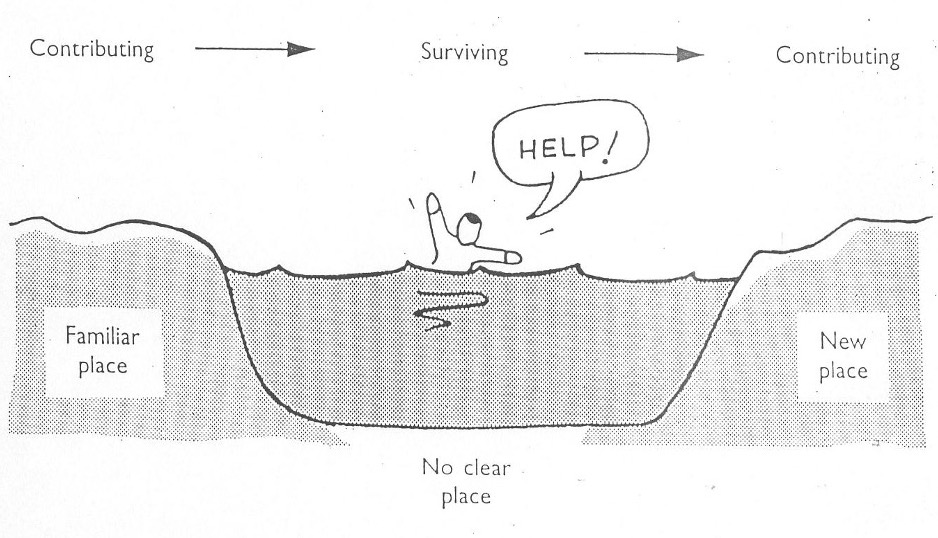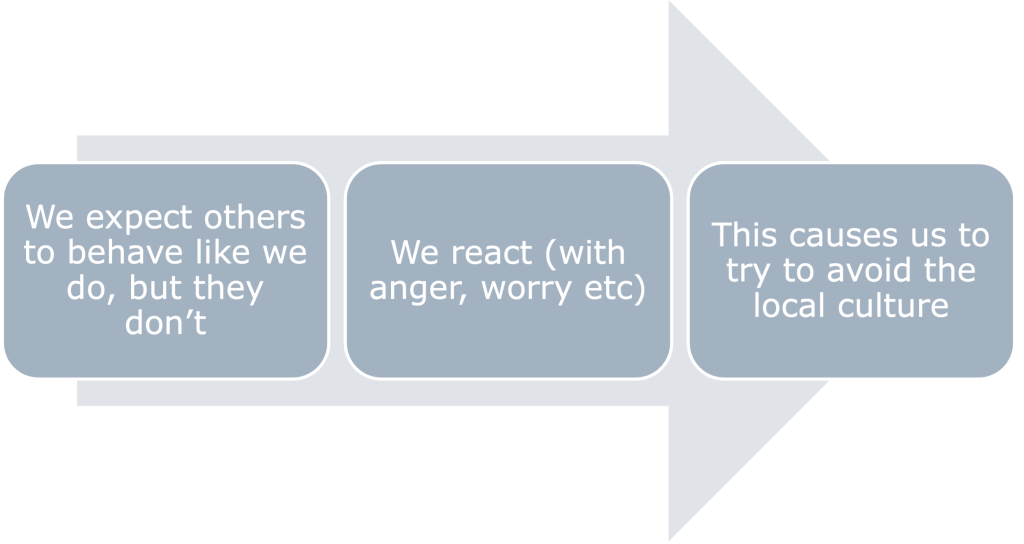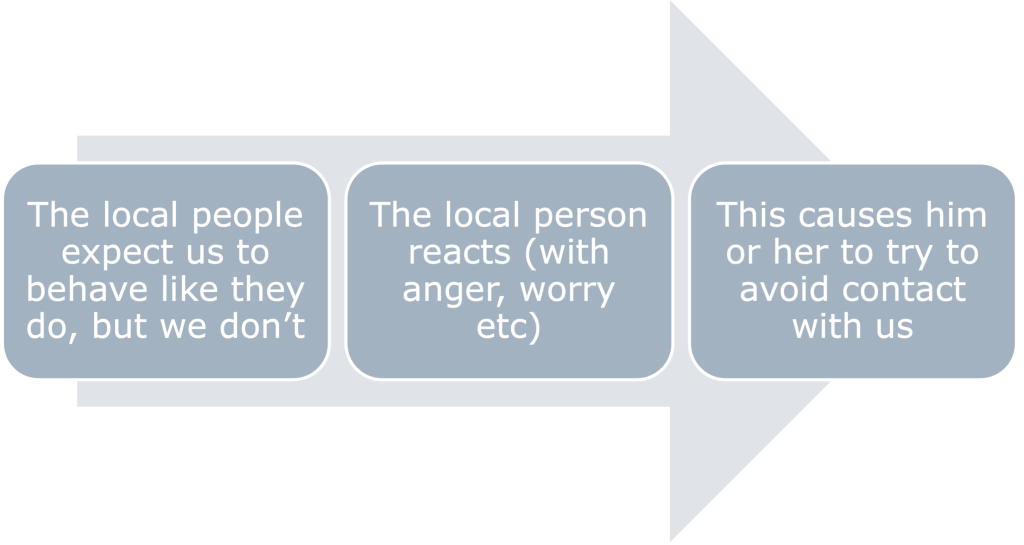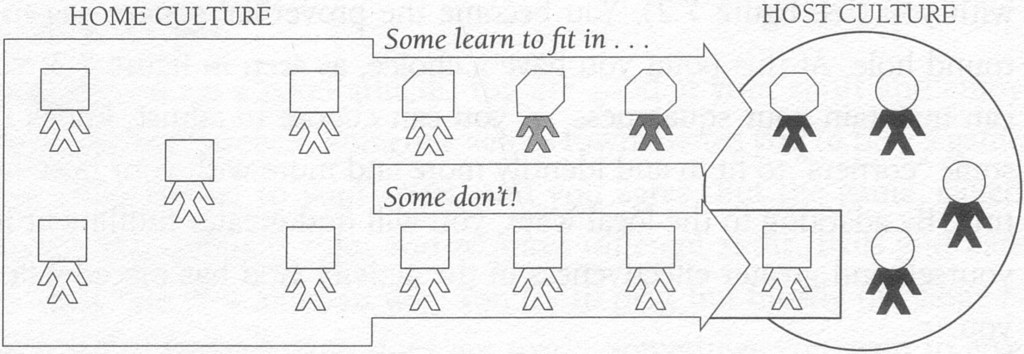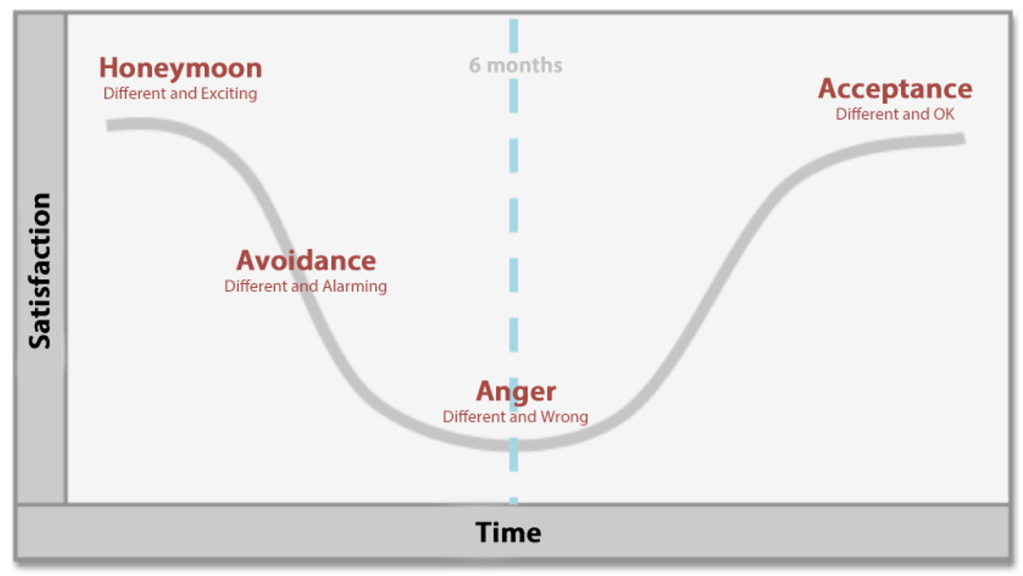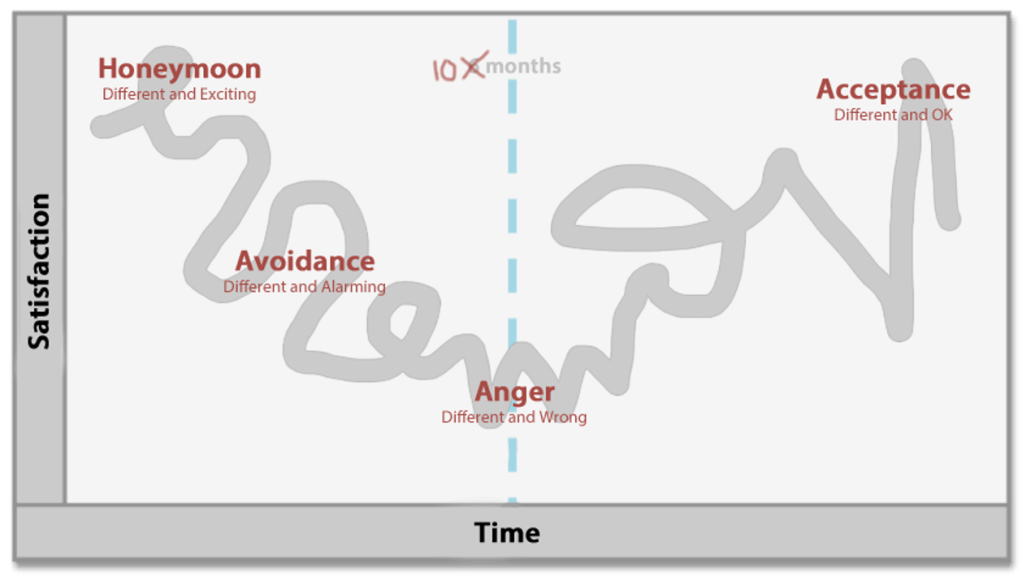
“The risk of child sexual abuse is significant during deputation and home assignment!”, Heather*, a supervisor, tells Janet*, a member care worker.
Janet is about to visit a couple, Shane* and Rose*, and their four children, Kathryn*, Emily*, Zac* and Peter*, who are soon to begin deputation, raising support at a number of churches, prior to their departure to work in DR Congo.
In response, Janet asks, “How do I prepare Shane and Rose to care for their children during deputation and beyond?”
What would you say or do?
Analysis
Most families serving, or about to serve, cross-culturally need to undergo a period of deputation or home assignment (HA), a time in which they typically attend many churches and meetings to raise financial and prayer support. During this period many parents believe that their children are in a safe bubble (Crossman, 2022).
Risk of Child Sexual Abuse
Unfortunately, home assignment and deputation are times when children are at significant risk of child sexual abuse, according to Paul Tuxworth, who lectures in ‘Child Abuse in Christian Communities: Prevention and Response: Learning from our mistakes, creating safe spaces’ at the Brisbane School of Theology.
Tuxworth (personal correspondence, 2023) started talking about the risks faced by missionary kids (MKs) on home assignment and deputation a number of years ago after a twelve month period where he investigated four cases of child sexual abuse (CSA) of MKs on home assignment or deputation. He writes:
‘Deputation and HA are high CSA risk activities for MKs. The MK CSA risks start before they go overseas. I believe there are a number of reasons for this:
- Most missionary parents still have a “stranger danger” mindset. If they think about the CSA risks their child faces at all, they believe it is the nationals in their host country that pose the greatest risk when statistically they are the lowest risk group. Because of this “stranger danger” mindset they don’t consider or prepare for the CSA risks faced by their children in deputation or HA…
- During deputation and home assignment missionary families are often billeted with other families and follow the host families suggestions. The other families decide where the MKs will sleep and who they will share a room with…
- Both missionary parents are often busy networking day and night.
- MKs are often minded by relative strangers.’
Tuxworth also raised concerns that mission agencies were not mentioning the risk of CSA at the start of deputation, leaving mission families unaware and unprepared.
Tuxworth’s claims that CSA is a significant risk is supported by the findings from a survey of international MKs (Crossman, 2022). With respect to CSA, this survey, conducted in 2021, of 1904 adult TCKs (third culture kids**), 88% of whom were MKs, found that 24% of TCKs born after 1980 reported experiencing child sexual abuse, as defined by the Adverse Childhood Experiences (ACE) questionnaire (perpetrated by an adult or a child at least five years older). That is one in four TCKs. Even more homeschooled MKs – 28% – reported experiencing sexual abuse. The rate of sexual abuse in MKs who were not homeschooled was a little lower – 21%, or one in five.
Another form of CSA focused on by the survey is child-to-child sexual abuse, which occurs before age sixteen, when the perpetrator is another child. The rate among TCKs generally and MKs who were not homeschooled was 26% – one in four; among homeschooled MKs it was slightly higher, at 29%.
The survey also asked about grooming. This is when an adult prepares a child for future abuse – testing their boundaries and getting them accustomed to inappropriate words/touch. One in three homeschooled MKs (33%) reported experiencing grooming, compared to 24% (one in four) of other MKs, and 27% of TCKs generally.
How do these figures compare with the general population in Australia?
These figures are on par with that reported for child sexual abuse in the general population of Australia. The Australian Child Maltreatment Study (ACMS) estimates that around one in four (28.5%) Australians aged sixteen years and over have experienced child sexual abuse, with females twice as likely to have experienced child sexual abuse (37.3% compared to 18.8%) (National Office for Child Safety, 2024).
It is worth highlighting that it can be extra challenging for MKs and TCKs to report abuse in a cross-cultural setting. In close-knit mission communities they can risk being ostracised (Christianity Today, 2022). Additionally, often TCK’s are moved around a lot, which can negatively impact their support structures.
“The sense of reality and what’s true and real in a new situation is thrown up in the air,” said Pollock. “Their relational anchors get pulled up. And then structures of reporting, like who’s safe, may be missing or changed.”
Hopkins, 2022
Member care is preventative as well as reactive.
Tuxworth (personal correspondence, 2023) writes:
‘None of the parents imagined this [CSA] could happen, so none of them had protection strategies in place that could have prevented the abuse…
Deputation and HA are high risk activities, mission organisations should regularly talk about this and equip their families with suitable prevention strategies.
- I believe the highest CSA risk to MKs are other MKs. This is also not often talked about.
- I have visited several missionary compounds that are surrounded by an 8 foot tall chain link and barbed wire fence with armed guards at the gates. I am sure the missionary parents seldom consider the fact that the greatest CSA risks are locked in on the inside of the fence with their children each night.’
What can we do as member care workers and agencies/churches in the area of preventative care?
Risk can be mitigated by putting in place prevention measures to limit the chance of child sexual abuse. Since one in four MKs experience child sexual abuse, it is surely the combined responsibility of parents, sending organisations and member care workers to protect them as much as possible. Member care workers can equip parents with suitable resources and strategies to reduce the risk of child sexual abuse happening to their children; include child safety risk assessments in their topics to discuss with parents; ask parents what strategies they have been using to teach their children about child safety. Children can be empowered to keep themselves safe.
‘An ounce of prevention is worth a pound of cure‘ (Benjamin Franklin)
Let’s now reflect on a story with some similarities in the Bible.
A story to consider
Some time later, David’s son Amnon fell in love with Tamar. She was the beautiful sister of Absalom. He was another one of David’s sons.
Amnon wanted his sister Tamar so much that it made him sick. She was a virgin, and it seemed impossible for him to do what he wanted with her.
2 Samuel 13:1-2
Amnon’s adviser, Jonadab, plots Tamar’s violation, instructing Amnon to go to bed and pretend to be sick.
So Amnon went to bed. He pretended to be sick. The king came to see him. Amnon said to him, “I would like my sister Tamar to come here. I want to watch her make some special bread. Then she can feed it to me.”
David sent a message to Tamar at the palace. He said, “Go to your brother Amnon’s house. Prepare some food for him.” So Tamar went to the house of her brother Amnon. He was lying in bed. She got some dough and mixed it. She shaped the bread right there in front of him. And she baked it. Then she took the bread out of the pan and served it to him. But he refused to eat it.
“Send everyone out of here,” Amnon said. So everyone left him. Then he said to Tamar, “Bring the food here into my bedroom. Please feed it to me.” So Tamar picked up the bread she had prepared. She brought it to her brother Amnon in his bedroom. She took it to him so he could eat it. But he grabbed her. He said, “My sister, come to bed with me.”
“No, my brother!” she said to him. “Don’t force me! An evil thing like that should never be done in Israel! Don’t do it! What about me? How could I ever get rid of my shame? And what about you? You would be as foolish as any evil person in Israel. Please speak to the king. He won’t keep me from marrying you.” But Amnon refused to listen to her. He was stronger than she was. So he raped her.
2 Samuel 13:6-16
While this story is not an account of child sexual abuse, it is an account of both power and sexual abuse, which leaves the victim, Tamar, with an enormous burden of shame. She chooses to publicly mourn rather than hiding what had happened to her and, in so doing, called for justice to be done.
Unfortunately, David, Tamar’s father, whilst angry, did not punish Amnon. As in the story of Eli and Samuel, David failed to have control of his sons (Balwin, 1988: 250). Conflict ensued as Absalom waited for an opportunity to take revenge.
It is interesting to note that Tamar, the victim of abuse, is the only daughter of David to be named in the Bible and is honoured as a righteous woman.
Child sexual abuse victims similarly report feeling shame and grief, despite their innocence. Oh, that they would experience honour instead!
what is mankind that you are mindful of them,
human beings that you care for them?You have made them a little lower than the angels
and crowned them with glory and honour.You made them rulers over the works of your hands;
you put everything under their feet.Psalm 8: 4-6
Instead of your shame
you will receive a double portion,
and instead of disgrace
you will rejoice in your inheritance.
And so you will inherit a double portion in your land,
and everlasting joy will be yours.Isaiah 61:7
What happened? How were these cross-cultural workers and their children cared for?
Janet raised Shane and Rose’s awareness of the risk of child sexual abuse during deputation, and, later, on location. She mentioned that most children do not tell anyone they have been sexually abused until they are in their 20’s. Thus, it is important for them to build the sort of relationships where their children feel comfortable talking with them about sexual topics. Then Janet offered the parents a couple of age-appropriate options to equip them with suitable prevention strategies to resource their children in this area.
The first was the Pantosaurus resources including the PANTS song video with the friendly dinosaur Pantosaurus (https://www.nspcc.org.uk/keeping-children-safe/support-for-parents/pants-underwear-rule/). This song provides the opportunity for a simple conversation to help keep children safe from sexual abuse.
The second was the ‘Dittos Keep Safe Adventure Program’ (https://bravehearts.org.au/education/dittos-keep-safe-adventure-program/). This resource includes children’s story books that empower children to keep safe. This resource is aimed at children aged from 3-8.
Janet also recommended that Shane and Rose arrange to share a room with their children when billeted during deputation and home assignment.
As Crossman (2022) points out, prevention ‘does not mean you have to expose your children to things that are beyond their years. You can teach them the difference between a secret and a surprise. You can teach them that they’re allowed to say “no” (and how to do so). You can teach them that they have a right to privacy, to feel safe and comfortable, to have control over their own body, and to have confidence in sticking up for themselves and their own safety.’
ADDENDUM (if there has been identified sexual abuse)
Tuxworth (personal correspondence, 2024) writes:
“Sadly, we cannot use King David’s response as a Biblical best practice for parents when they discover their daughter has been raped, or their son has sexually abused someone younger or less powerful. Tamar’s abuse is one story in a chain that represents Amnon as a manipulator. David failed to hold him accountable and trouble in the family resulted. Parents of children who have been sexually abused experience a range of strong emotions: disbelief, shock, guilt, anger. While these feelings can be debilitating, and parents may be tempted to keep this a family secret, this not a time for inaction…
Situations like these are times for parents and missions to step up:
· Children who have experienced abuse need their parents to provide protection from further harm and access to follow up care from a suitably experienced trauma informed counsellor.
· Those who are responsible for child sexual abuse need their parents to hold them accountable for their actions (report the abuse to the appropriate legal authorities) and also be provided follow up care from a suitably experienced sexual offender counsellor.
· And someone suitably qualified will need to explore the possibility of additional victims.
* All names of people and places in this blog have been changed to provide anonymity.
** A TCK ‘is a person who spends a significant part of his or her first eighteen years of life accompanying parent(s) into a country that is different from at least one parent’s passport country(ies) due to a parent’s choice of work or advanced training’ (Pollock et al., 2017: 27). They create their own culture, the third culture, a mixture of their parents’ culture, the first culture, and their host country’s culture, the second culture (Do, 2022)
Recommended Reading
Crossman, T. (2022) Risk Factors and Risk Prevention for Homeschooled MKs, A Life Overseas: a cross-cultural conversation. Available at: https://www.alifeoverseas.com/risk-factors-and-risk-prevention-for-homeschooled-mks/.
References
Baldwin, Jo. (1988) 1 and 2 Samuel. Leicester, England: Intervarsity Press (Tyndale Old Testament Commentaries).
Bible School of Theology (2024) Child Abuse in Christian Communities: Prevention and Response. Available at: https://bst.qld.edu.au/safeguarding-children/.
Crossman, T. (2022) Risk Factors and Risk Prevention for Homeschooled MKs, A Life Overseas: a cross-cultural conversation. Available at: https://www.alifeoverseas.com/risk-factors-and-risk-prevention-for-homeschooled-mks/.
Ditto’s Keep Safe Adventure Program (2023) Bravehearts. Available at: https://bravehearts.org.au/education/dittos-keep-safe-adventure-program/.
Do, S. (2022) Will new terms help improve inclusivity for Third Culture Kids (TCKs)?, Cultural Infusion. Available at: https://culturalinfusion.org.au/third-culture-kids/.
Frank, A. (2019) Covered Glory: The Face of Honor and Shame in the Muslim World. Eugene, OR: Harvest House.
Hopkins, R. (2022) What Is a Missionary Kid Worth? Available at: https://www.christianitytoday.com/ct/2022/december/missionary-kid-abuse-statistics-safeguard-prevention.html.
National Office for Child Safety (2024) Australian Government: National Office for Child Safety. Available at: https://www.childsafety.gov.au/about-child-sexual-abuse/how-many-people-have-experienced-child-sexual-abuse#:~:text=The%20ACMS%20estimates%20that%20around,37.3%25%20compared%20to%2018.8%25).&text=These%20estimates%20are%20conservative%20as,forms%20of%20child%20sexual%20abuse.].
NSPCC (2023) PANTS (The Underwear Rule), NSPCC: Every Childhood is Worth Fighting For. Available at: https://www.nspcc.org.uk/keeping-children-safe/support-for-parents/pants-underwear-rule/.
Pollock, D.C., Van Reken, R.E. and Pollock, M.V. (2017) Third Culture Kids: Growing Up Among Worlds. Third. Boston, MA; London: Nicholas Brealey.



